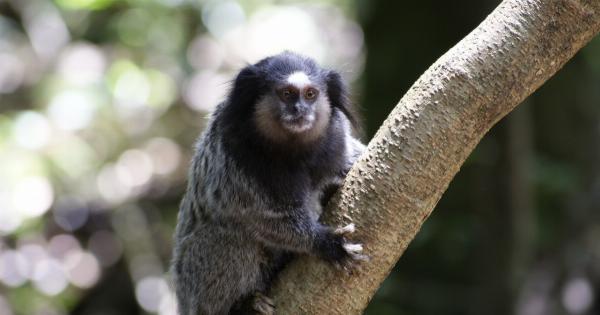Portugal is experiencing an outbreak of the monkey virus, which has affected over two dozen people, with 19 new cases reported in the last week alone.
The virus is believed to have originated from vervet monkeys, which are native to Africa but have been introduced to various parts of the world as part of the pet trade.
What is the monkey virus?
The monkey virus is a type of simian foamy virus that is found in primates. It is not usually dangerous to humans and is not known to cause illness in animals. However, in rare cases, it can cause infection and illness in humans.
Symptoms of the virus include fever, headache, muscle pain, nausea, and vomiting.
How did the virus spread in Portugal?
The virus is believed to have spread in Portugal through contact with vervet monkeys. There are several monkey parks and zoos in the country, as well as a number of people who keep the animals as pets.
The virus can be transmitted through contact with infected bodily fluids, such as saliva and blood, and can also be transmitted through bites and scratches.
What is being done to contain the outbreak?
Health officials in Portugal are working to contain the outbreak by urging people to avoid contact with monkeys and to practice good hygiene. They are also testing monkeys in parks and zoos to identify any that may be infected with the virus.
In addition, they are advising healthcare providers to be on the lookout for patients with symptoms of the virus.
What can you do to protect yourself?
If you are living in or traveling to Portugal, it is important to take precautions to protect yourself from the virus. Here are some tips:.
- Avoid contact with monkeys, including those in parks, zoos, and as pets
- Wash your hands frequently with soap and water, especially after touching animals or animal waste
- Avoid consuming raw or undercooked meat from monkeys or other animals
- If you are bitten or scratched by an animal, wash the wound immediately with soap and water and seek medical attention
What are the long-term implications of the outbreak?
While the virus is not currently believed to be a major threat to public health, the outbreaks in Portugal are a reminder of the potential risks of keeping exotic animals as pets.
In addition to the risk of disease transmission, exotic animals often require specialized care and can be difficult to manage in a domestic setting. The outbreak may also lead to increased regulation of the pet trade and stricter measures to prevent the introduction of exotic species into new environments.
Conclusion
The monkey virus outbreaks in Portugal are a concerning development, but health officials are working to contain the spread of the virus and protect the public.
If you are living in or traveling to Portugal, it is important to take precautions to avoid exposure to the virus, such as avoiding contact with monkeys and practicing good hygiene. With continued vigilance and collaboration, we can prevent the further spread of the virus and protect public health.































